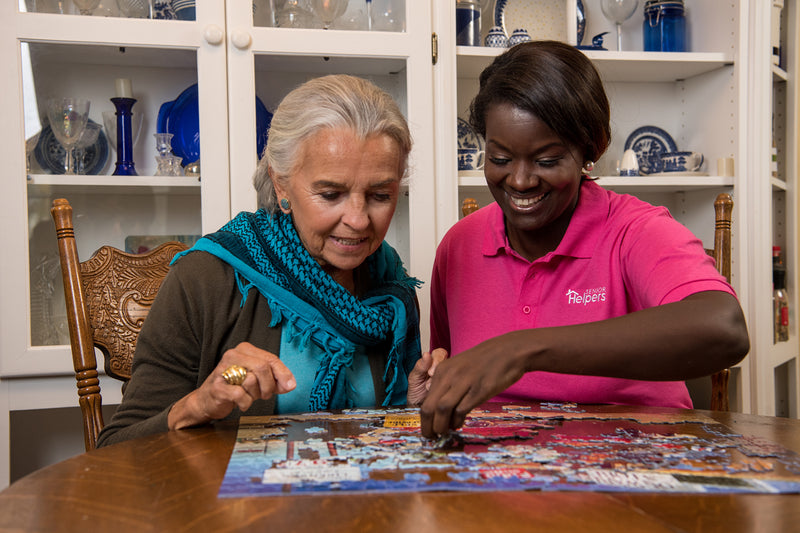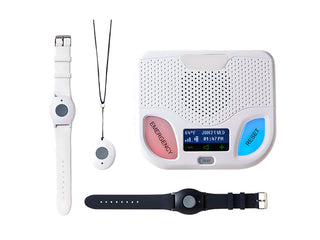Caregivers Corner
In-Home Care Help for Seniors

As seniors age, they may need help with activities of daily living (ADLs) such as bathing, dressing, eating, and using the bathroom. They may also need help with instrumental activities of daily living (IADLs) such as cooking, cleaning, and managing medications. In-home care can provide seniors with the assistance they need to live independently in their own homes.
What is in-home care?
In-home care is a type of care that is provided to seniors in their own homes. This type of care can be provided by a variety of different people, including family members, friends, neighbors, and professional caregivers. In-home care can provide seniors with a wide range of services, including:
- Personal care: This includes assistance with bathing, dressing, eating, and using the bathroom.
- Homemaking: This includes help with cooking, cleaning, and laundry.
- Transportation: This includes help with getting to and from doctor's appointments, grocery stores, and other errands.
- Companionship: This includes providing social and emotional support.
Why choose in-home care?
There are many reasons why seniors choose in-home care over other types of care, such as assisted living or nursing homes. Some of the benefits of in-home care include:
- Seniors can stay in their own homes, which can provide them with a sense of security and familiarity.
- Seniors can maintain their independence and dignity.
- Seniors can receive the care they need without having to leave their homes.
- In-home care can be more affordable than other types of care.
How to choose an in-home care provider
If you are considering in-home care for a senior loved one, it is important to choose a reputable provider. There are a few things you can do to choose a good provider, including:
- Get recommendations from friends, family, and neighbors.
- Interview several providers before making a decision.
- Check references.
- Make sure the provider is licensed and insured.
- Get everything in writing, including the services that will be provided, the cost of services, and the cancellation policy.
The cost of in-home care
The cost of in-home care varies depending on the services that are needed and the provider. Some agencies charge by the hour, while others charge a monthly fee. It is important to ask about the cost of services upfront so that you can budget accordingly.
How to pay for in-home care
There are a few ways to pay for in-home care. Some seniors may be able to pay for care out of pocket, while others may need to use long-term care insurance or Medicaid. It is important to talk to your loved one's financial advisor to discuss the best way to pay for care.
In-home care can be a great way for seniors to stay independent and live in their own homes for as long as possible. By following these tips, you can find a provider who can provide the quality care that your loved one needs.
Benefits of in-home care for seniors
There are many benefits of in-home care for seniors. Some of the most important benefits include:
- Seniors can stay in their own homes. This is often a major priority for seniors, as it allows them to maintain their independence and familiarity with their surroundings.
- Seniors can maintain their independence. In-home care can help seniors with activities of daily living (ADLs) such as bathing, dressing, and eating, but it also allows them to maintain control over their lives.
- Seniors can receive the care they need without having to leave their homes. This can be especially important for seniors who have mobility issues or who are frail.
- In-home care can be more affordable than other types of care. The cost of in-home care varies depending on the services that are needed, but it can often be more affordable than assisted living or nursing homes.
How to find an in-home care provider
If you are considering in-home care for a senior loved one, there are a few things you can do to find a reputable provider. Here are some tips:
- Get recommendations from friends, family, and neighbors. This is a great way to get started in your search for an in-home care provider.
- Interview several providers before making a decision. This will help you to compare different providers and find one that is a good fit for your loved one.
- Check references. This is an important step in ensuring that you are choosing a reputable provider.
- Make sure the provider is licensed and insured. This will protect you and your loved one in case of any problems.






